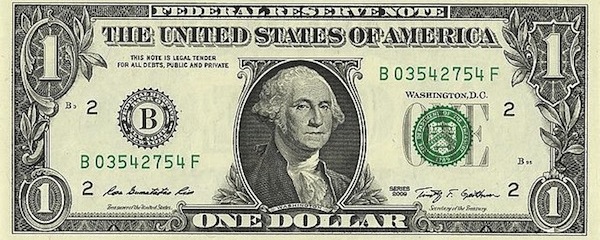There’s a proposed bill in Congress to raise the Federal minimum wage for the first time since 2009. It won’t pass, given Republican control of the U.S. House, but it’s still sparking debate. And by “debate,” I mean we’re getting to hear the same tired and false arguments against the minimum wage (let alone against raising it) that we hear whenever the topic comes up. I’d like to talk about one of these more common arguments.
People who want to eliminate the minimum wage often claim more people would be able to get jobs if wages weren’t so high (because businesses could hire more people with the same amount of money). For some, this is just a claim they make without believing it, but others have been duped into believing it’s actually a legitimate argument.
Let’s break down how this doesn’t make sense. Sure, we could employ everyone in the country for pennies an hour (if, for the sake of argument, people were willing to accept that), but that’s not really the point of having a job. The core goal of getting a job, at minimum, is to support, feed, clothe, and shelter one’s self (and often a family but not necessarily). The core goal of getting a job, for everyone except maybe some bored person born into great wealth, is not to have something to do from 9-5.
How does someone seriously believe that the goal of promoting higher employment is just to get everyone jobs even if the jobs don’t pay them enough to be able to do anything? Ending the minimum wage would just put more people on government benefits which also costs money and which the same conservatives opposing the minimum wage don’t want either.
And if not that, then it would create an expensive and awful Dickensian/Malthusian nightmare land with mass poverty, out-of-control levels of crime and associated violence, etc. Which eventually negatively impacts business — even without accounting for the lost/reduced purchasing power of the consumer base. We know this because it’s called the last three decades of the 19th century.
The minimum wage is not an economic “distortion.” It’s an efficient, market-oriented tool to address poverty that is probably actually better for business in the long run than the alternatives.



